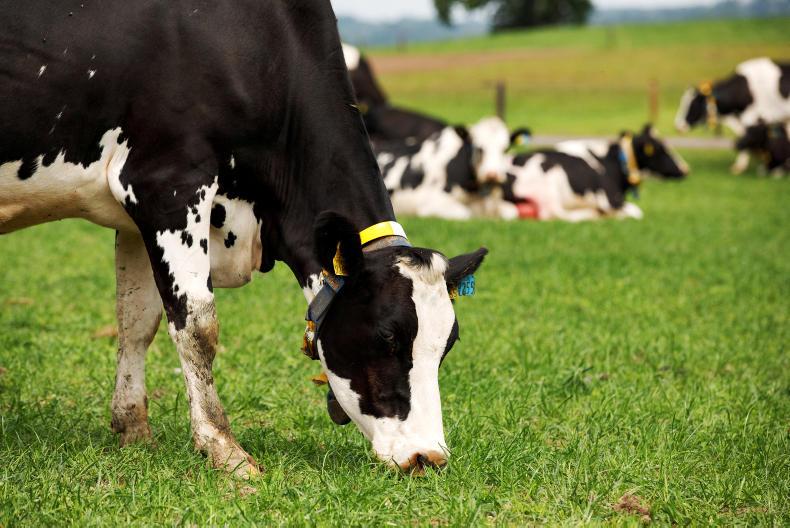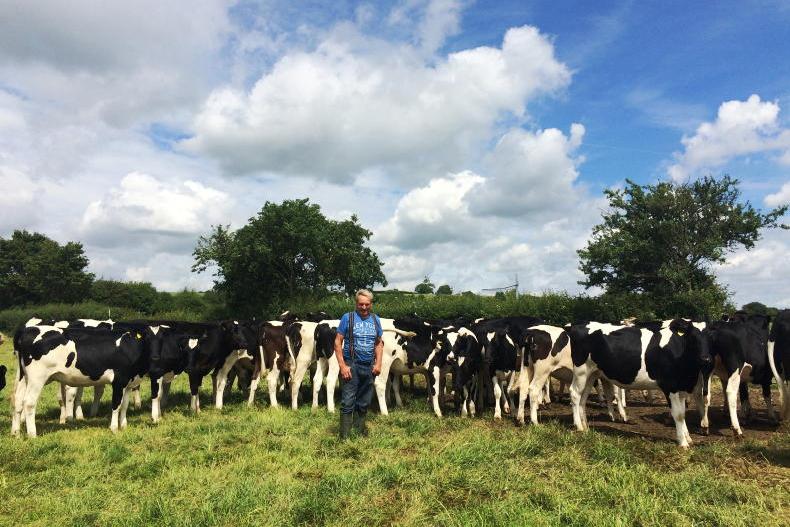The recently opened Defra-led consultation on contractual relationships in the dairy sector has the potential to fundamentally change how milk is bought off farmers in NI.
If the UK government does decide to legislate, it means mandatory contracts between producers and processors, which are likely to include clear pricing mechanisms (such as the formula used to calculate prices each month) and an end to retrospective milk prices in NI. The ultimate aim is to improve the weak market position of farmers in the supply chain.
The thinking behind this is not new. In response to low prices in 2009, the EU introduced a milk package in 2012 that allowed member states to make written contracts compulsory.
A further period of low milk prices in 2012 saw the pressure grow on the UK government to take action to protect farmers. In the end, it opted for a voluntary scheme, which led to a code of practice drawn up by farming organisations and dairy processor body, Dairy UK.
In Britain, that voluntary code included a requirement that producers will be given at least 30 days of notice for any changes to price.
However, the UFU and Dairy UK came to a slightly different arrangement in NI, with a voluntary code that still allowed base prices to be notified to suppliers retrospectively.
Over the years, the UFU position has gradually changed, and they have joined other farming unions in pushing for legislation, ultimately to improve transparency around milk pricing.
In one regard, it is understandable why farmers in Britain would want mandatory contracts, as the processing industry there is dominated by privately owned dairy companies. But in NI, over 90% of the milk pool is collected by farmer owned co-ops, with CEOs directly answerable to primarily farmer-elected boards.
Something has gone badly wrong in the structure, management and communication process within these co-ops, if legislation is necessary. Where a majority of farmer members want to know prices in advance, or want a payment system based on milk solids, then it is up to management to deliver.
Read more
Defra consult on dairy contracts
Dairy industry split over milk contracts
The recently opened Defra-led consultation on contractual relationships in the dairy sector has the potential to fundamentally change how milk is bought off farmers in NI.
If the UK government does decide to legislate, it means mandatory contracts between producers and processors, which are likely to include clear pricing mechanisms (such as the formula used to calculate prices each month) and an end to retrospective milk prices in NI. The ultimate aim is to improve the weak market position of farmers in the supply chain.
The thinking behind this is not new. In response to low prices in 2009, the EU introduced a milk package in 2012 that allowed member states to make written contracts compulsory.
A further period of low milk prices in 2012 saw the pressure grow on the UK government to take action to protect farmers. In the end, it opted for a voluntary scheme, which led to a code of practice drawn up by farming organisations and dairy processor body, Dairy UK.
In Britain, that voluntary code included a requirement that producers will be given at least 30 days of notice for any changes to price.
However, the UFU and Dairy UK came to a slightly different arrangement in NI, with a voluntary code that still allowed base prices to be notified to suppliers retrospectively.
Over the years, the UFU position has gradually changed, and they have joined other farming unions in pushing for legislation, ultimately to improve transparency around milk pricing.
In one regard, it is understandable why farmers in Britain would want mandatory contracts, as the processing industry there is dominated by privately owned dairy companies. But in NI, over 90% of the milk pool is collected by farmer owned co-ops, with CEOs directly answerable to primarily farmer-elected boards.
Something has gone badly wrong in the structure, management and communication process within these co-ops, if legislation is necessary. Where a majority of farmer members want to know prices in advance, or want a payment system based on milk solids, then it is up to management to deliver.
Read more
Defra consult on dairy contracts
Dairy industry split over milk contracts









SHARING OPTIONS